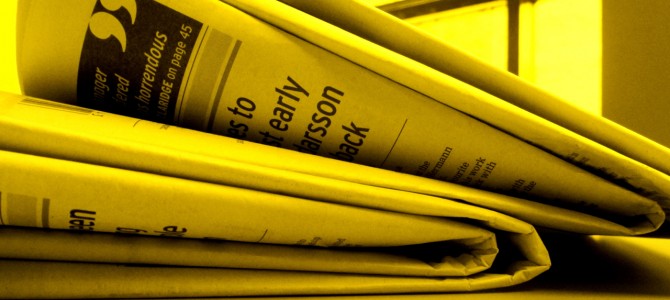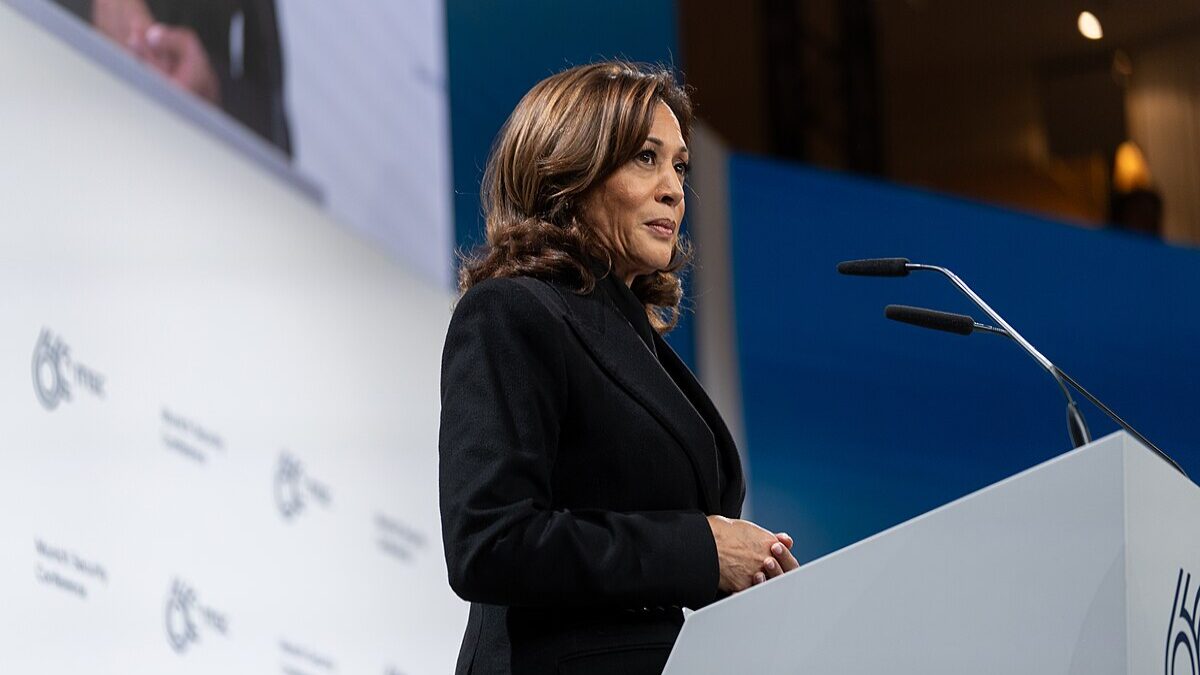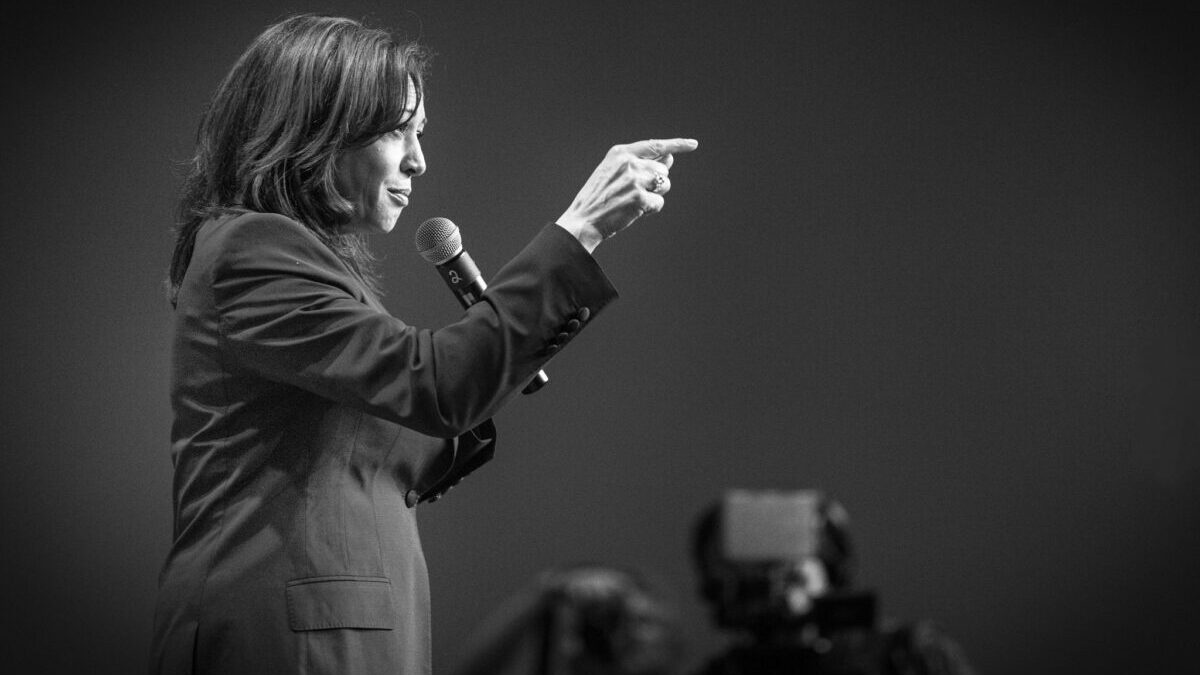
This is a column version of a long paper.
The tired old debate about media bias has become painfully boring. Positions are entrenched, and further debate seems unlikely to change any minds. Conservatives will keep complaining of “liberal media bias.” Liberals will go on complaining about Fox News and talk radio. Journalists will keep protesting that they “don’t play favorites” and can distinguish between objectivity and what they call false balance.
As author of Wikipedia’s neutrality policy (popularized as “NPOV” — the Neutral Point Of View), I’ve long taken an interest in the media bias debate, but it has seemed disconnected from reality, and I couldn’t say how. I think I’ve explained how, in a long paper commissioned by Ballotpedia, the free encyclopedia of American politics.
The media bias debate has been muddled by several mistaken assumptions. If we get rid of them, we just might make some interesting progress.
Neutrality Is Not Objectivity
One common error is that neutrality aims at “objectivity.” This is often treated as if it were a synonym of neutrality, but objectivity and neutrality are at odds as concepts and as aims. Objective thinking and writing involves setting aside our personal feelings, assimilating and presenting the evidence rationally, and drawing only those conclusions warranted by the evidence. This is a fine thing, but an objective process of thinking is still a highly personal and fallible process.
In fact, it is the process of rational deliberation itself. Writers should not be doing this for their readers. If writers practice objectivity on their readers’ behalf, they are drawing conclusions, and hence their writing is necessarily biased. To be precise, writers should practice neutrality so readers can practice objectivity for themselves. Neutrality is what we need if we’re to be free people, responsible for our decisions.
Bias Is Not a Trivial Problem
Another mistake is the claim that bias is a trivial problem. “It happens, sure,” I’ve heard repeatedly, “but everybody can read between the lines. Maybe if journalists would simply admit their bias, readers would stop being so bothered by it.” I disagree. Admitted or not, bias is a surprisingly serious problem. Here’s why.
We all can agree on the deep importance of personal autonomy, of the capacity to govern ourselves freely, and especially of deciding for ourselves what to believe. The philosopher Immanuel Kant made this a motto of the Enlightenment: “Have the courage to use your own understanding.”
Bias is an attack on that Enlightenment ideal. A writer who shows us only one view sympathetically is trying to make up our minds for us. Traditionally neutral media, in the broadest sense — journalism, textbooks, and reference works — shape minds. When we become dependent on biased journalists, teachers, and publishers, our autonomy weakens. We become less free, less responsible for ourselves, more dependent upon these would-be intellectual masters.
It is our capacity for rational deliberation that gives us our autonomy. To be really free, we must think things through for ourselves and draw our own conclusions. Bias interferes with this process, and neutral writing can help. When readers cannot tell what view the author favors, they must deliberate for themselves. Neutral writing helps this process of deliberation by presenting all the different views with their strongest arguments and representatives.
Neutrality is deeply important. It makes us morally responsible. Think of the Milgram experiment, in which a browbeating scientist (E) presented his subject (T) with exactly one option: to deliver what they believed to be (but in fact were not) painful electric shocks to another subject (L). We may not often think of it this way, but Milgram relied on a bias — in favor of continuing the experiment. Infamously, many did. Would people better trained to think for themselves have agreed with the brutal requests to continue?
Totalitarian propaganda simply takes the harmfulness of bias to an evil extreme by more thoroughly inhibiting intellectual autonomy. It’s hard to imagine that the secret police informants and death camp operators could have served their totalitarian dictators if they had not been thoroughly indoctrinated with exactly one point of view they did not own. Journalists, textbook writers, and encyclopedists, take note: neutrality trains people to be self-governing. It is the best policy for free people.
Bias Is Not Easy to Eradicate
The final error is perhaps the most surprising. The pervasive attitude among journalists and media critics alike is the assumption that bias is easy to eradicate. It’s mainly just a matter of writing with fairness in mind and getting a quote from both sides. They couldn’t be more wrong.
Writers are naturally and understandably biased. We human beings are built for deliberation and judgment, and we take deepest pride in our considered conclusions. Thoughtful writing is the medium through which we most clearly express our freest selves , and this is one of our greatest desires.
So journalists must take great care not just to restrain themselves from advocacy, but also to recognize when their analyses and narratives are just some among many. That, as it turns out, is very difficult. It requires painstaking effort and knowledge of the debate. Imagine the time and attention it takes to judge the neutrality of the title, word usage, comparative quality and type of arguments, sources — everything that might influence the reader toward one side.
Also, sometimes it’s not just a matter of checking. Sometimes the issues run deep, and deciding which approach is neutral can only be done through careful reflection. In short, neutrality is best viewed as a discipline like copyediting and fact-checking, and just as difficult, time-consuming, and necessary. News services ought to adopt detailed neutrality guidelines and checklists, hire neutrality editors, do neutrality audits, and prove to the public that they’re neutral — because they haven’t been.
News publishers rarely if ever take editing for neutrality so seriously. So no newspaper and no news service has ever been neutral. Again, they articulate the fine-sounding goal of “objectivity,” but that is actually at odds with neutrality. Again, this is a serious failure. It makes our people more easily led, more dependent, and ignorant of the deep complexities of governing a democracy. It makes our democracies weaker.
Neutrality is for free people. Bias is for drones.
A version of this article was originally published on Medium, and is reprinted with permission.







